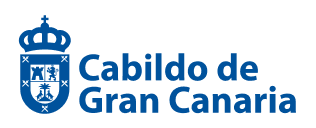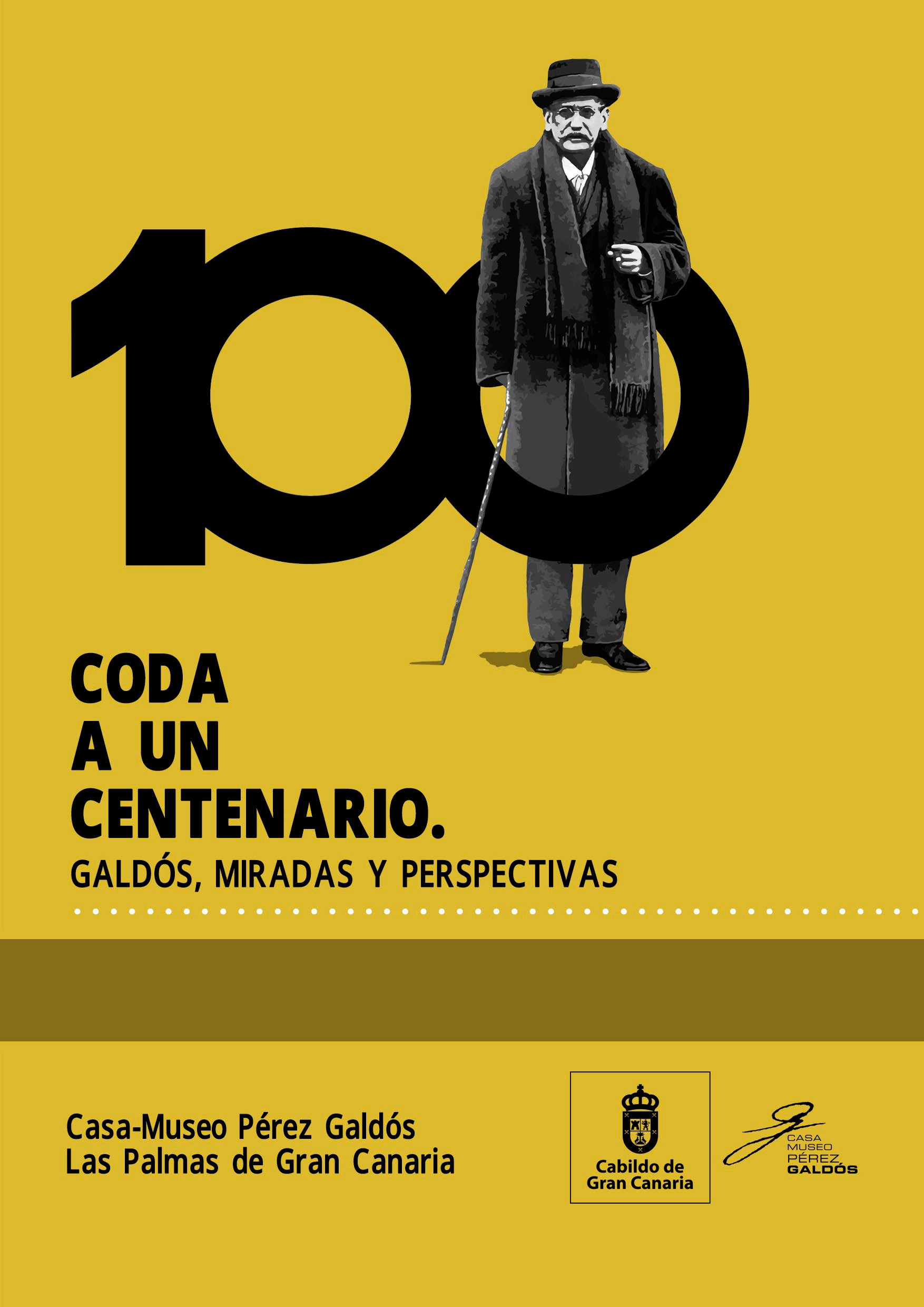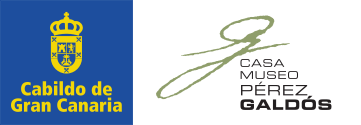GALDÓS-TRADUCTOR DESDE LOS ESTUDIOS DE LA POST-TRADUCCIÓN: ¿TRADUCCIÓN, DIÁLOGO, REESCRITURA, RECREACIÓN? / GALDÓS-TRANSLATOR FROM THE POST-TRANSLATION STUDIES: TRANSLATION, DIALOGUE, REWRITING, RECREATION?
Palabras clave:
texto español, Dickens- Galdós, reescritura, recreación, spanish text, rewriting, recreationResumen
Indudablemente, el universo de Galdós es muy conocido. Sin embargo, pocos saben que también fue el primer traductor de la obra de Charles Dickens The Posthumous Papers of the Pickwick Club, al español: Las aventuras de Pickwick. Merece la pena dedicar un trabajo a su traducción, ya que sus críticos han realizado un análisis desde una visión estrictamente tradicional filológica, fiel a ‘su original’. Sin embargo, no se sabe si lo tradujo desde el original de Dickens o desde una versión francesa. Creemos que es necesaria una nueva aproximación para analizarla desde la visión más amplia que ofrecen los actuales ‘estudios en la era de la postraducción’ Genzler (2017), el funcionalismo alemán Skopos Theorie (Reiss y Vermeer, 1996) e, incluso, las primeras reflexiones sobre traducción en el mundo clásico, con Cicerón o S. Jerónimo (Pascua, 2011). / Although Galdós’ life and works are internationally recognized, few know that he was the first to translate The Posthumous Papers of the Pickwick Club by Dickens, into Spanish. For this work, Galdós has received widespread criticism since his translation was analysed from the traditional point of view that considers that translation should be literal and faithful to its ‘original’ text. However, in this context, which was the original text, the English version or a French translation? That is why we consider that using a new approach to analyse Las aventuras de Pickwick is worthwhile, but from the new perspectives offered by the current Studies of the Post-Tranlation Era (Genzler, 2017), The Skopos Theory (Reiss y Vermeer, 1996) or even by certain reflections from the classical times, such as Cicero’s or St. Jerome’s (Pascua, 2011).




